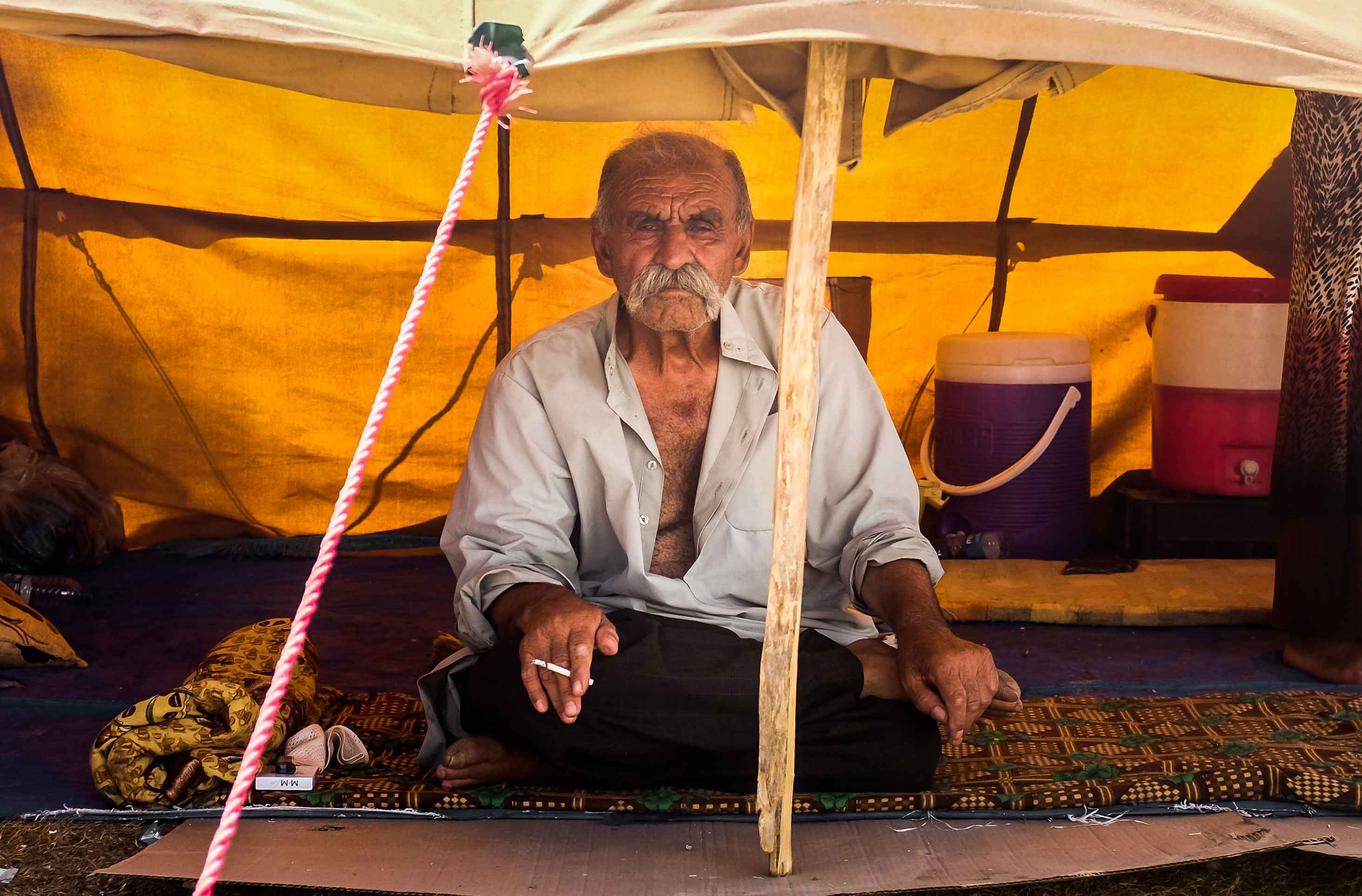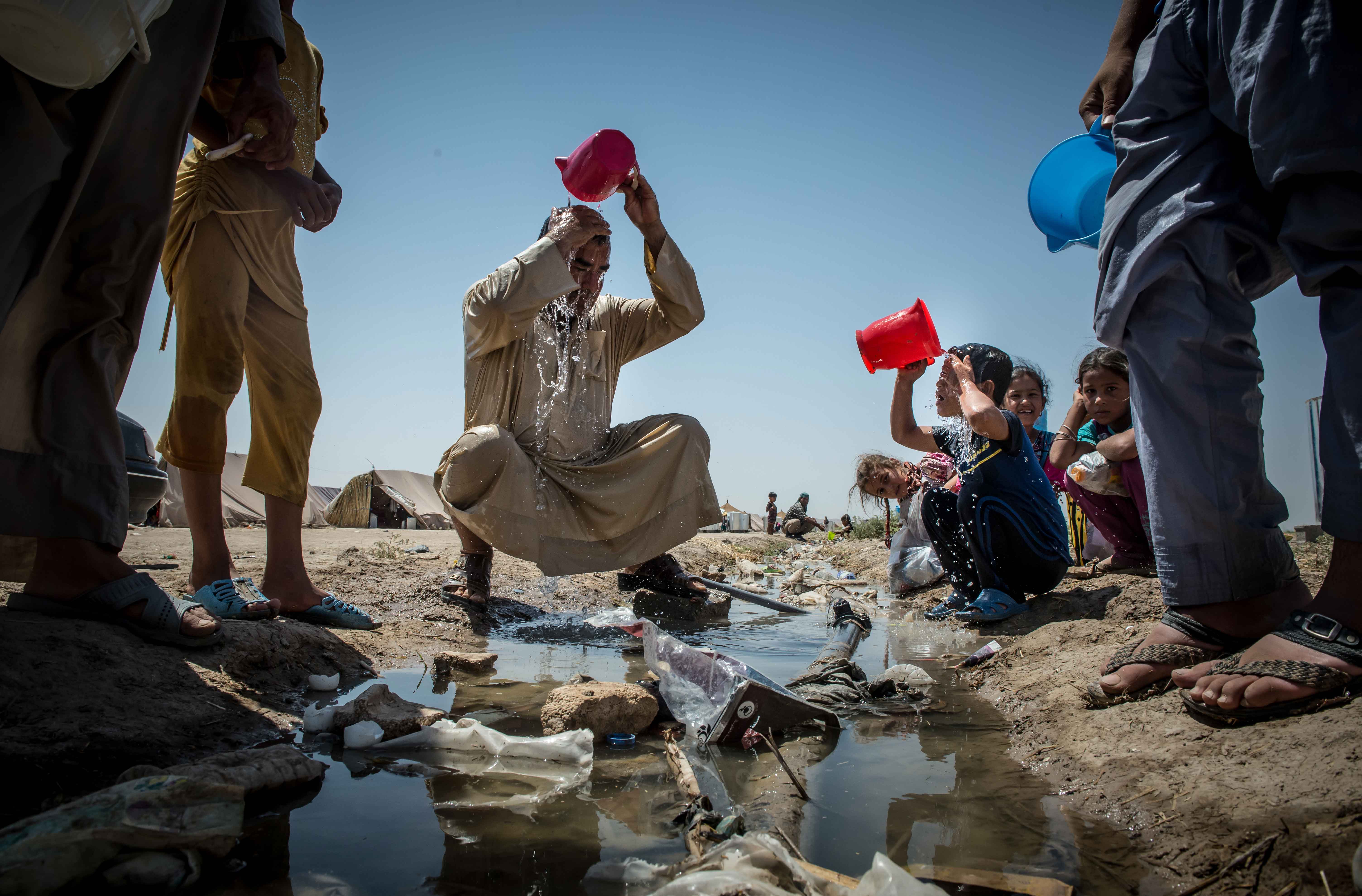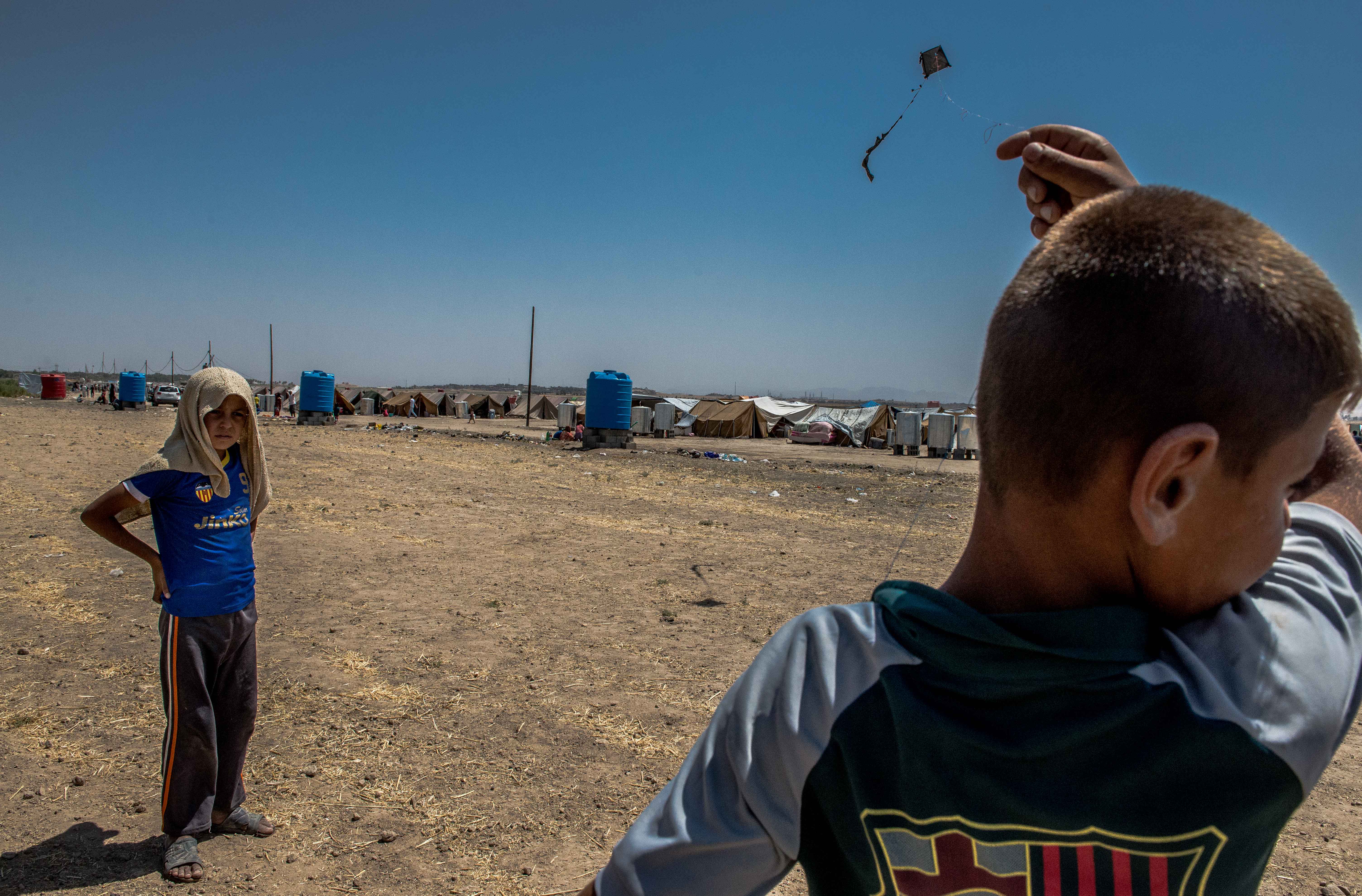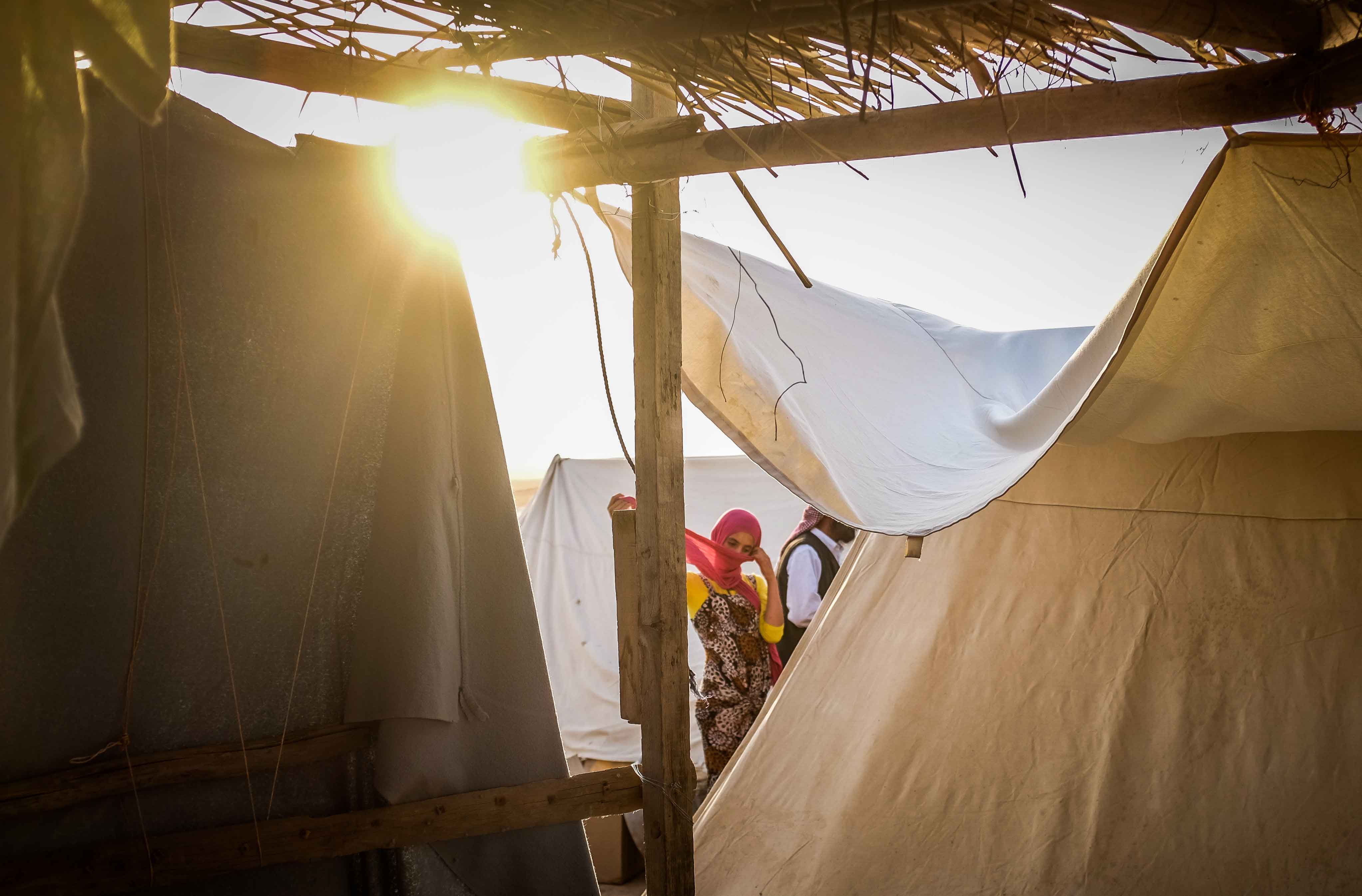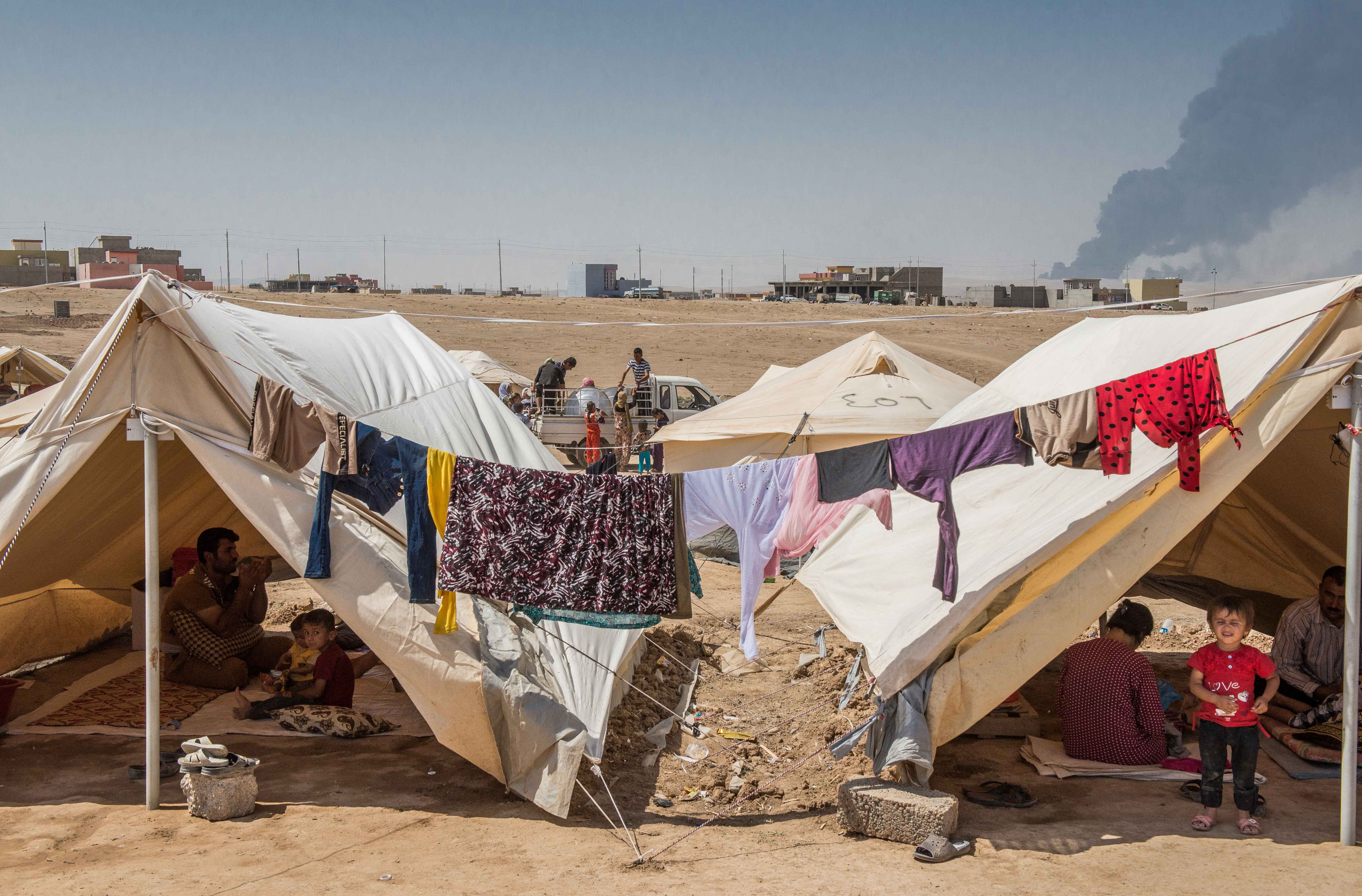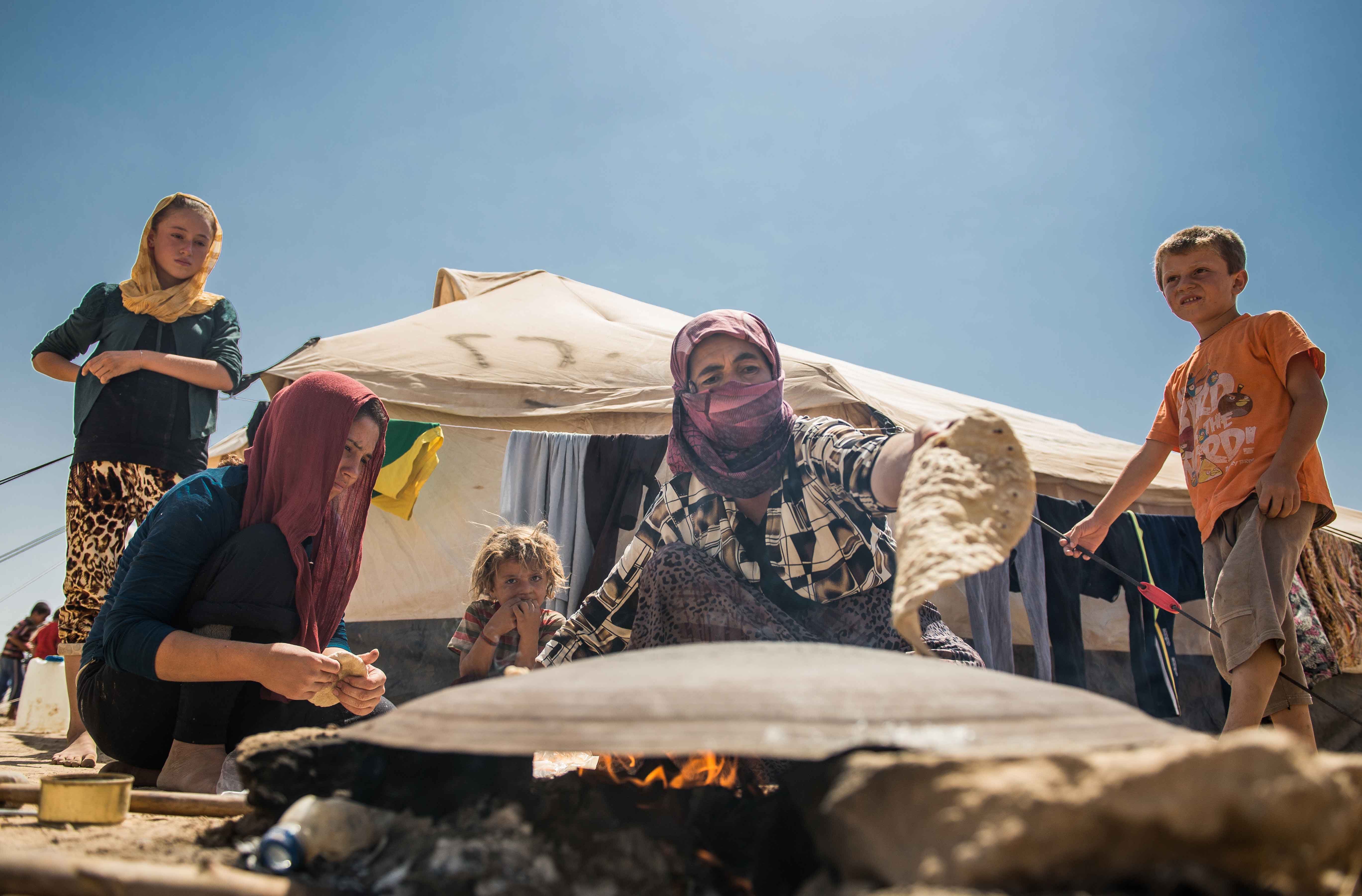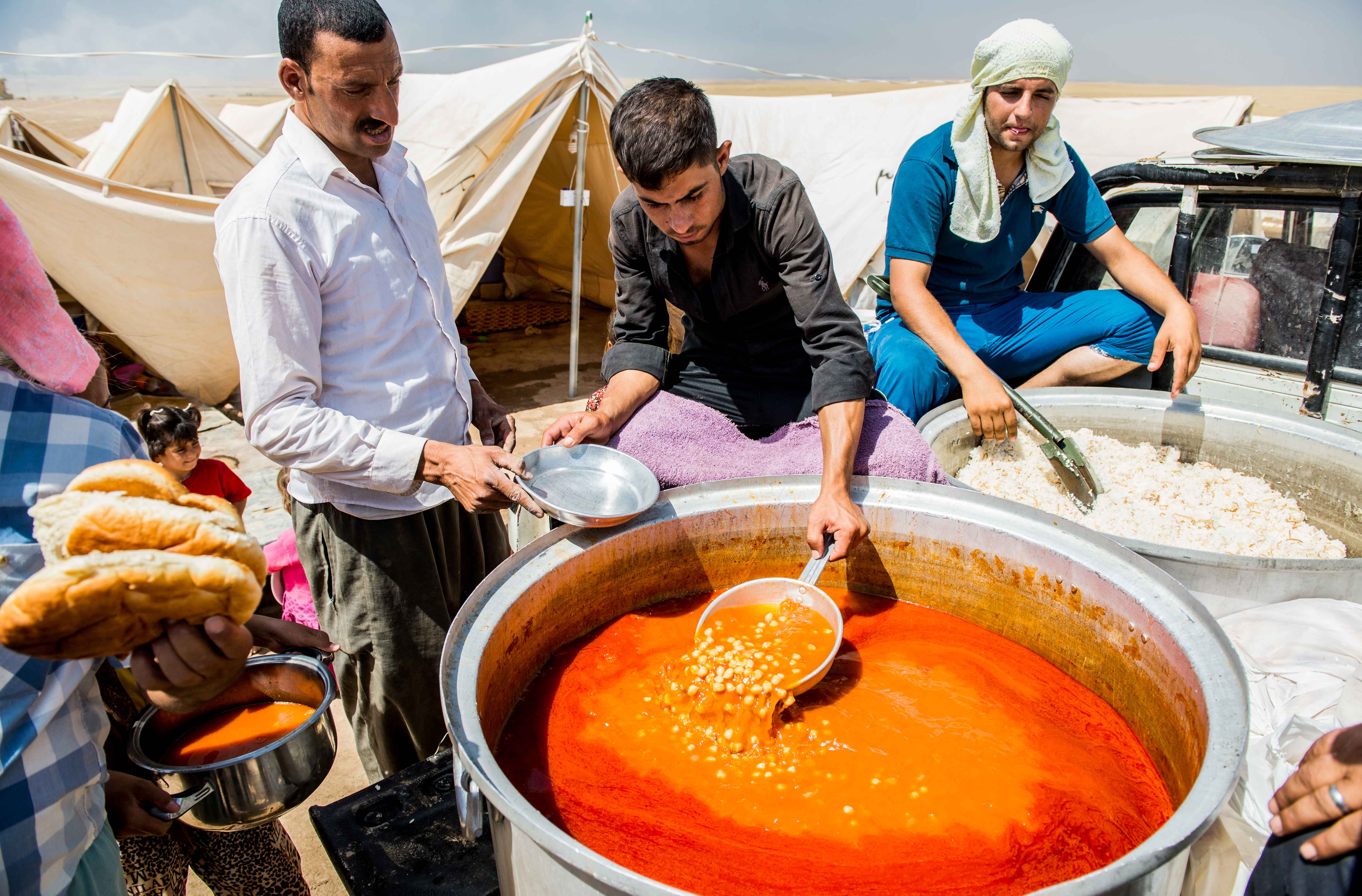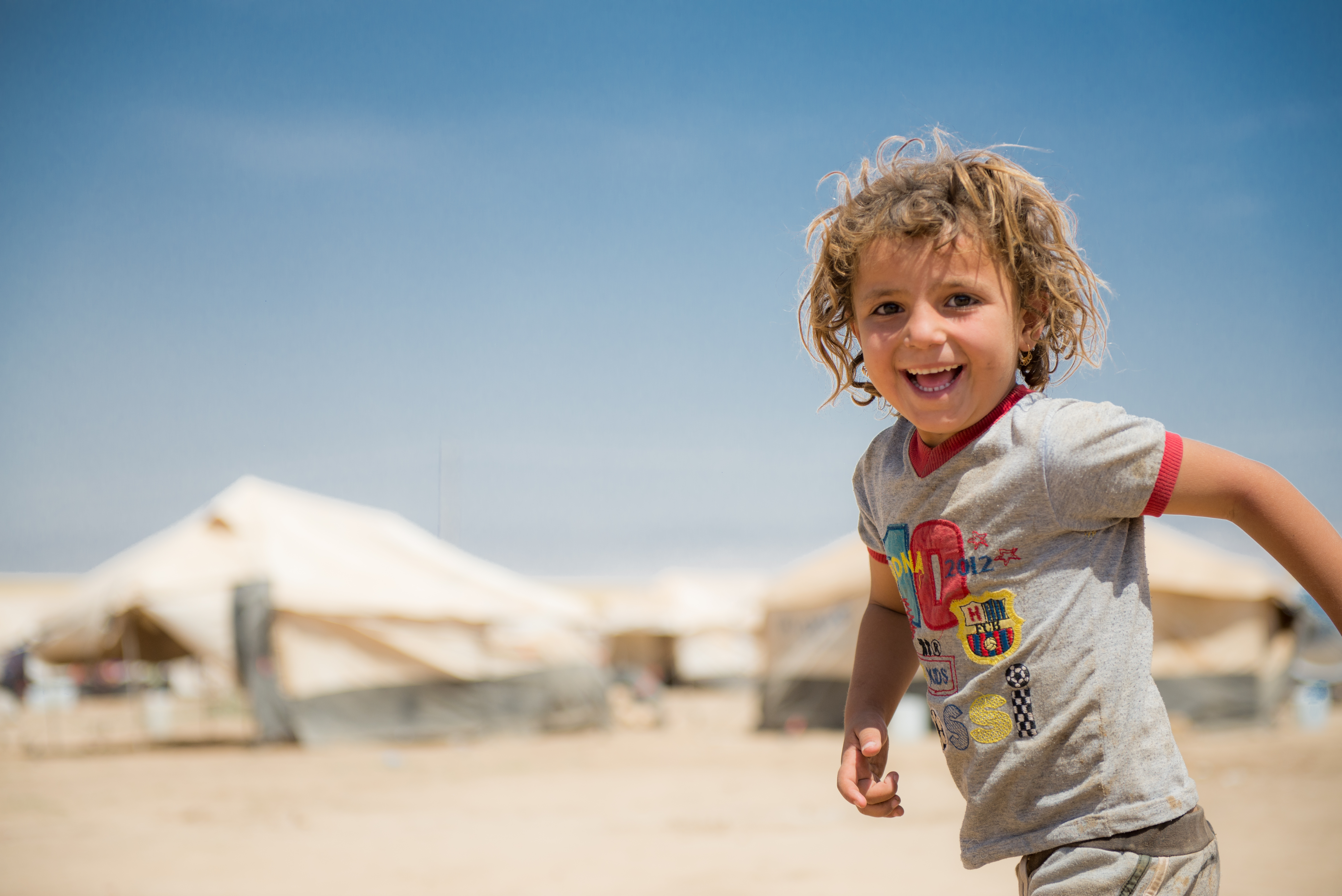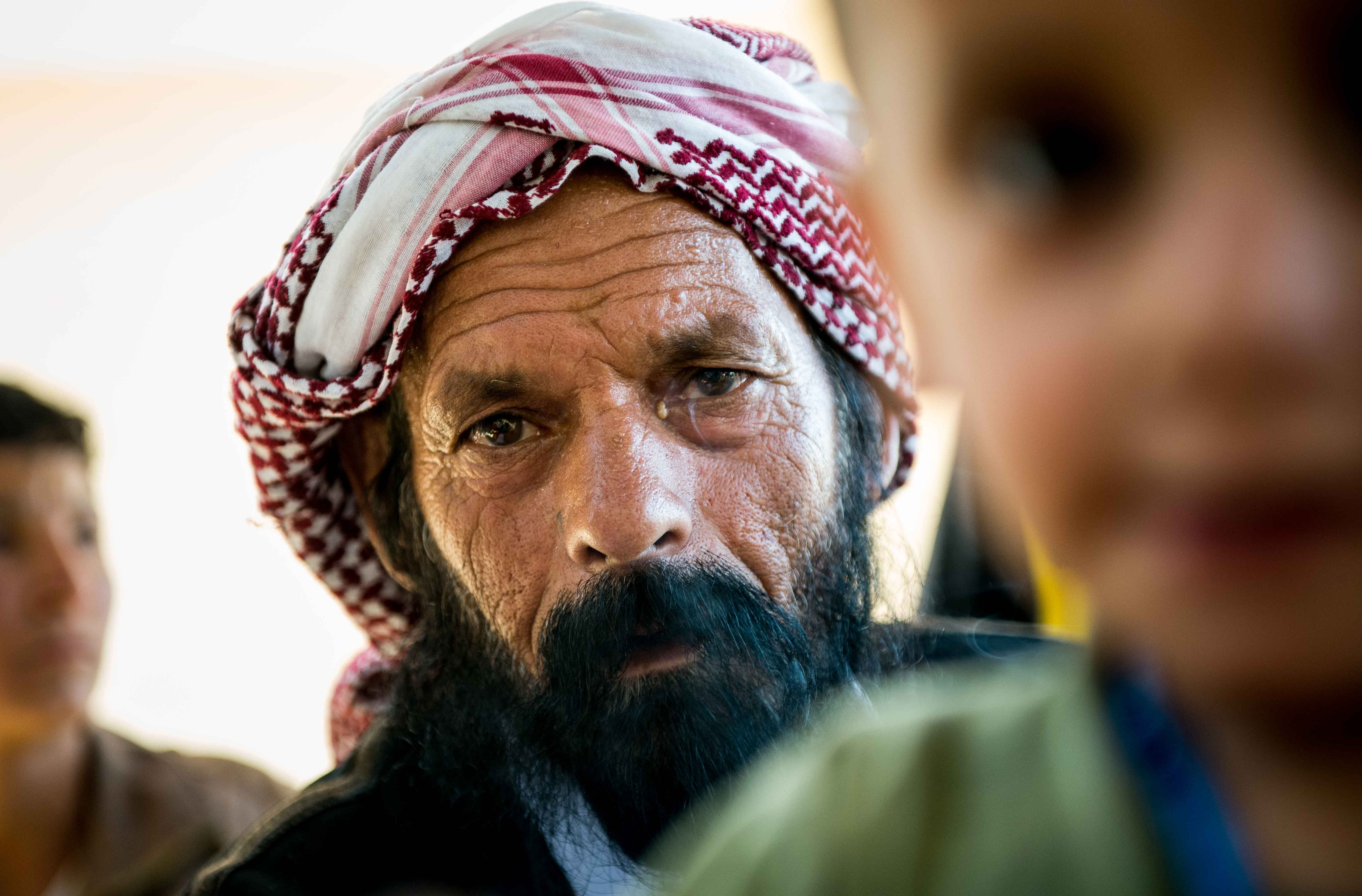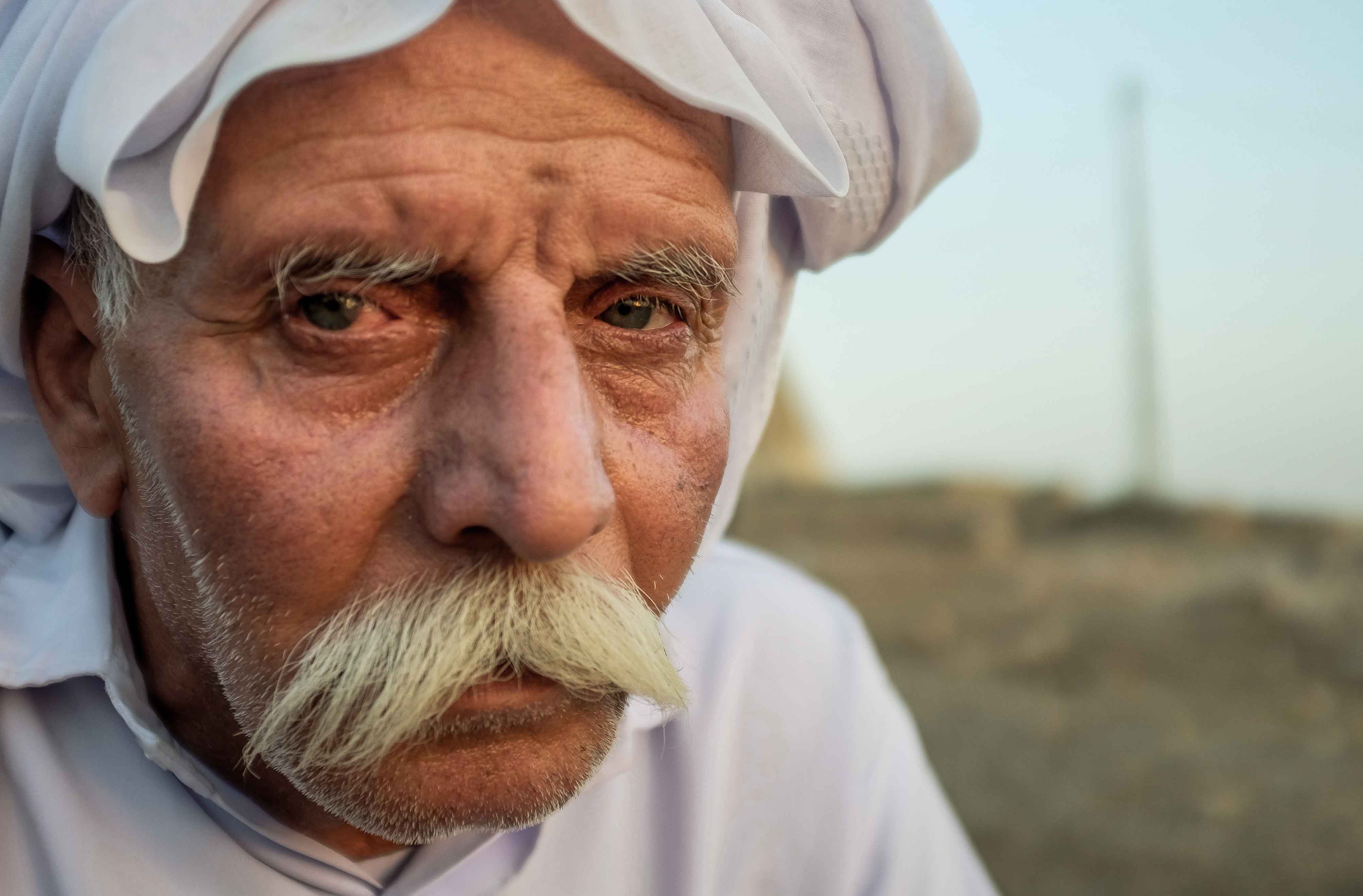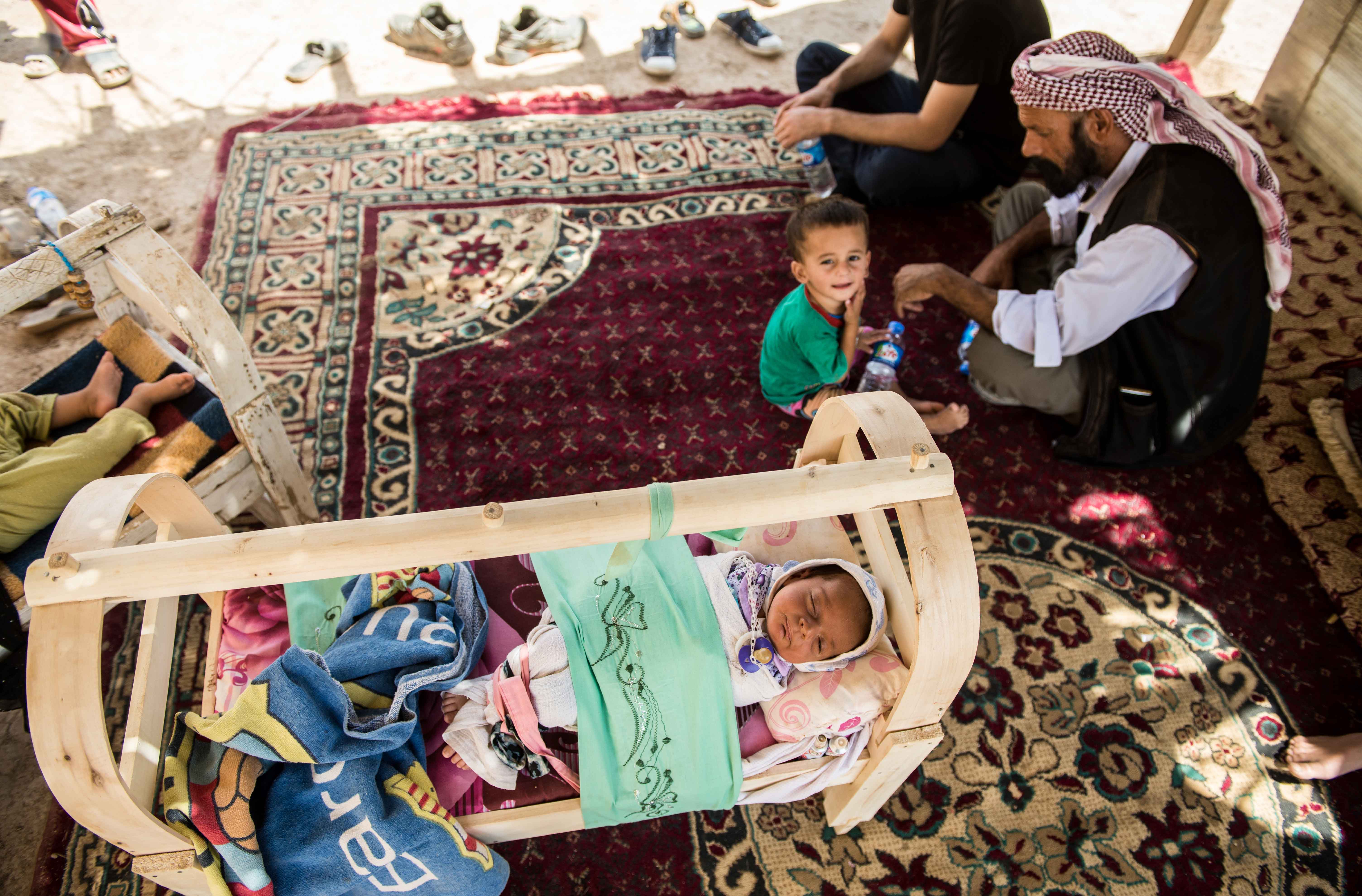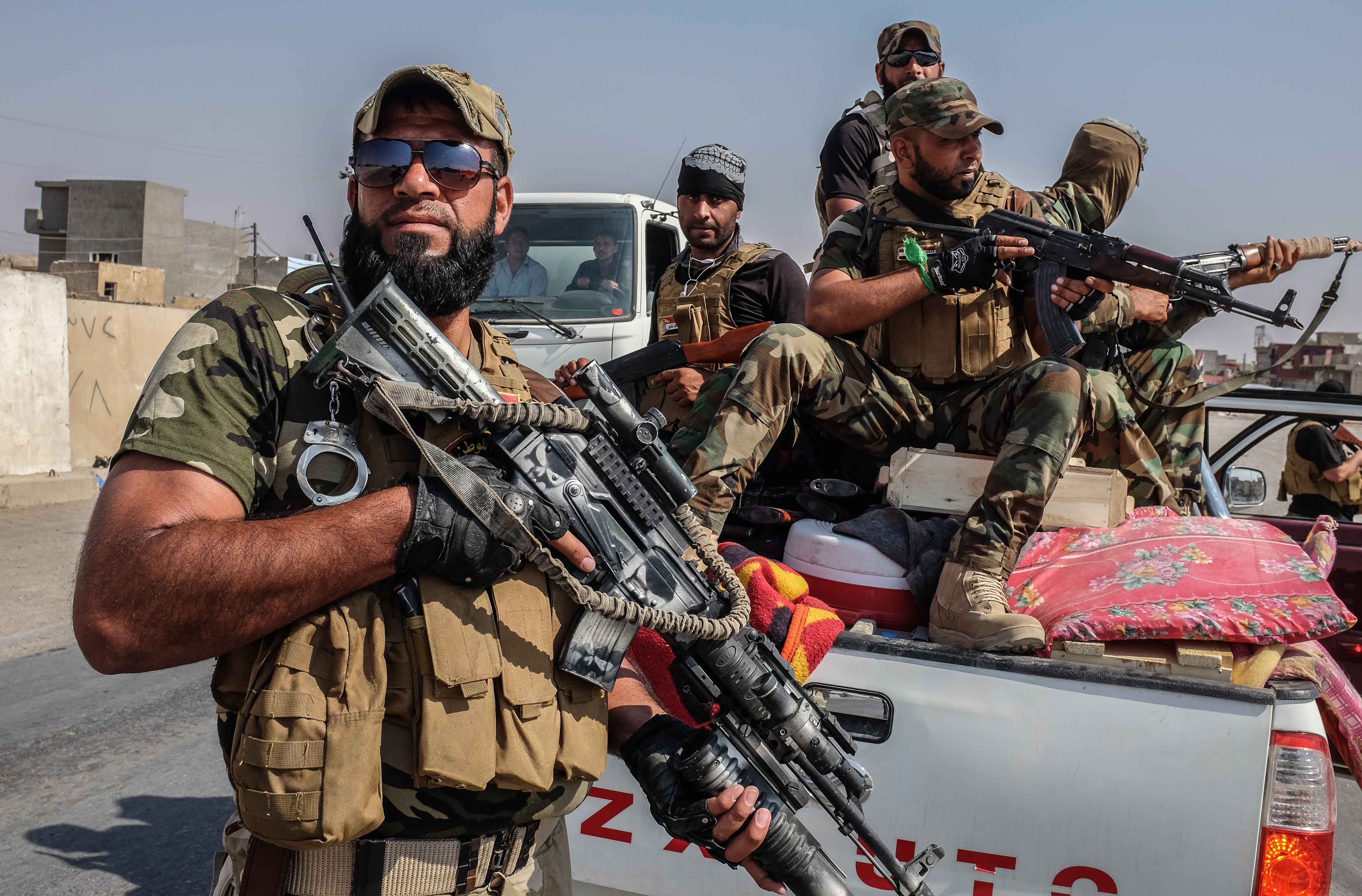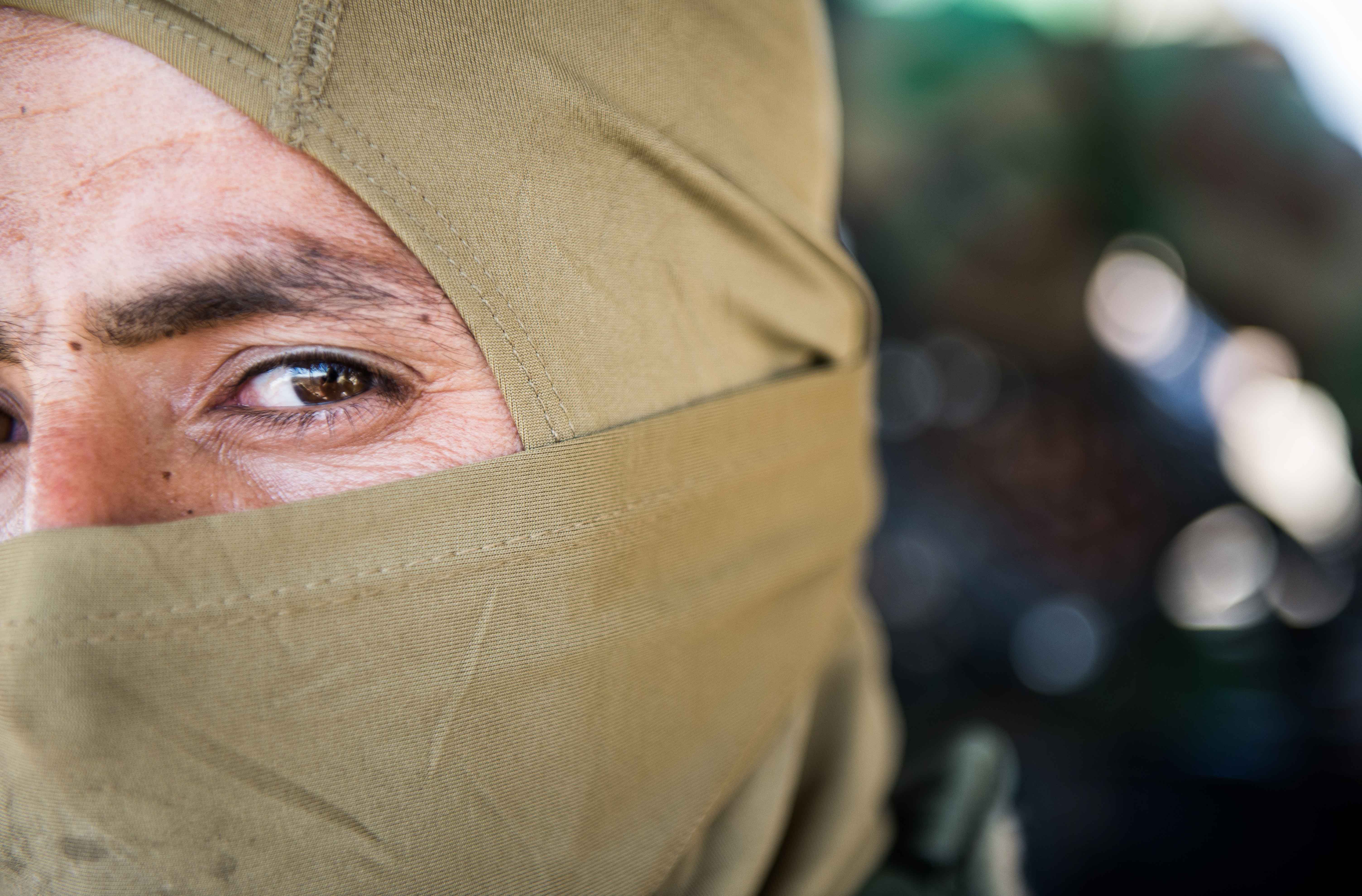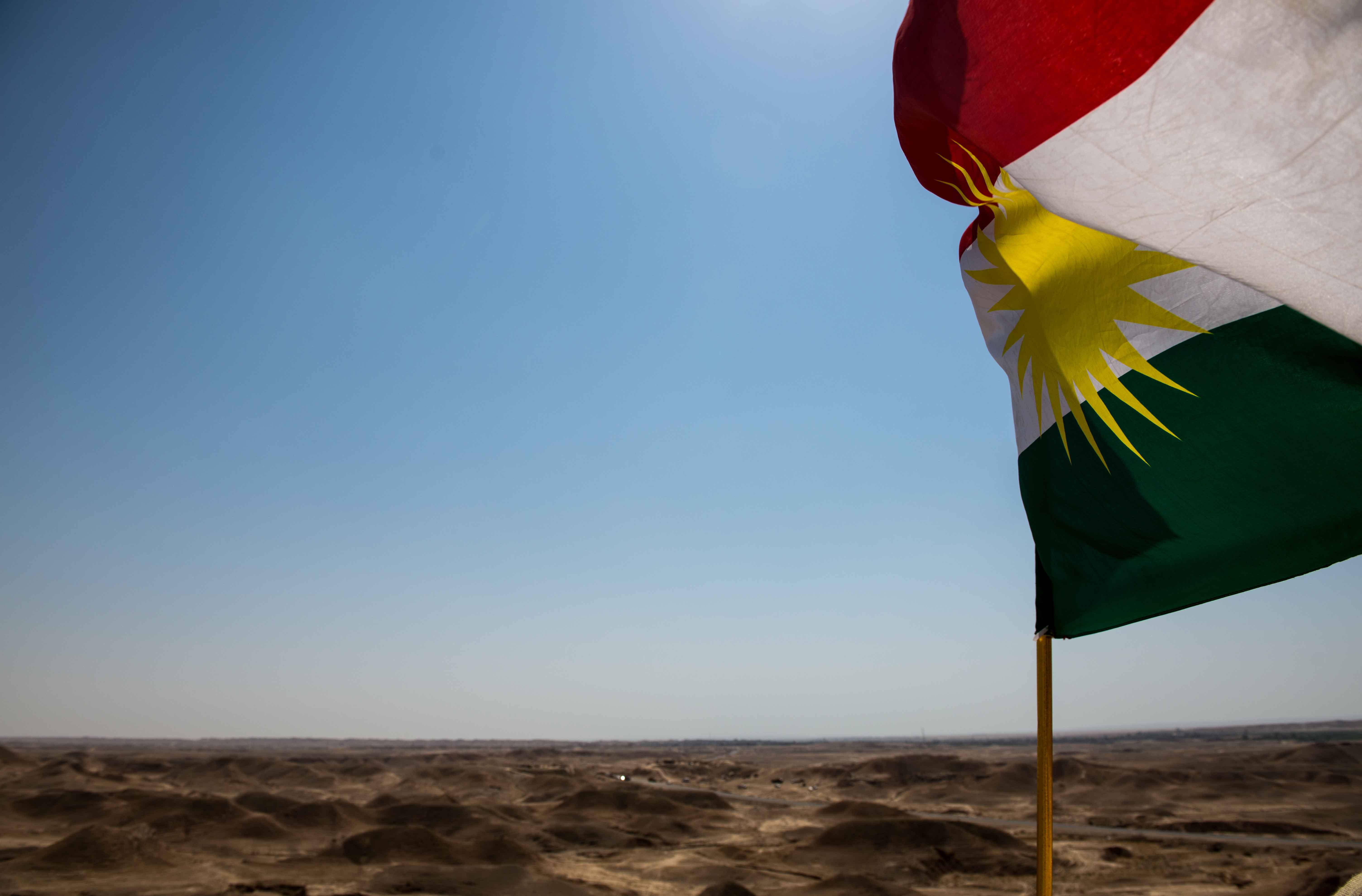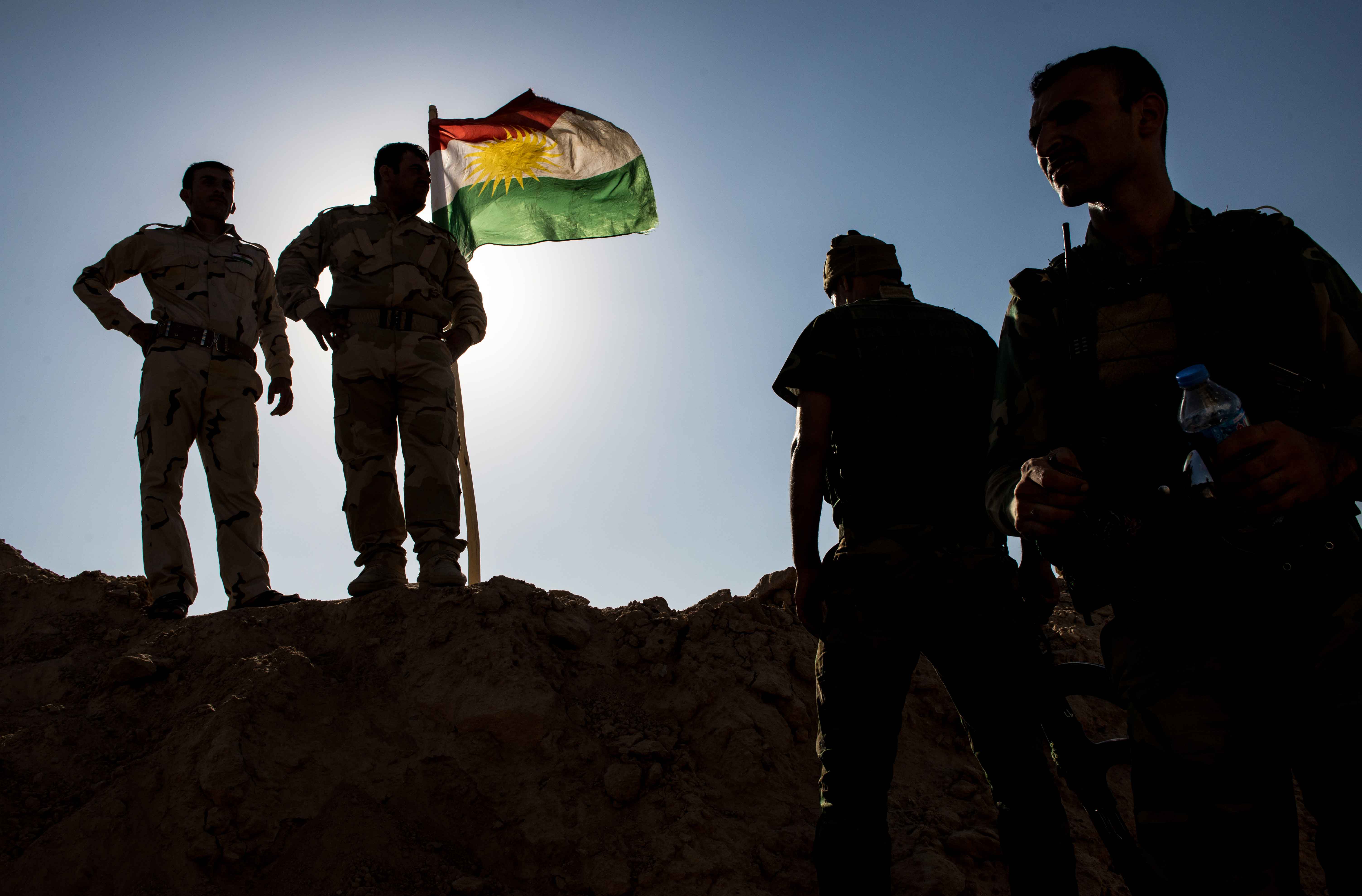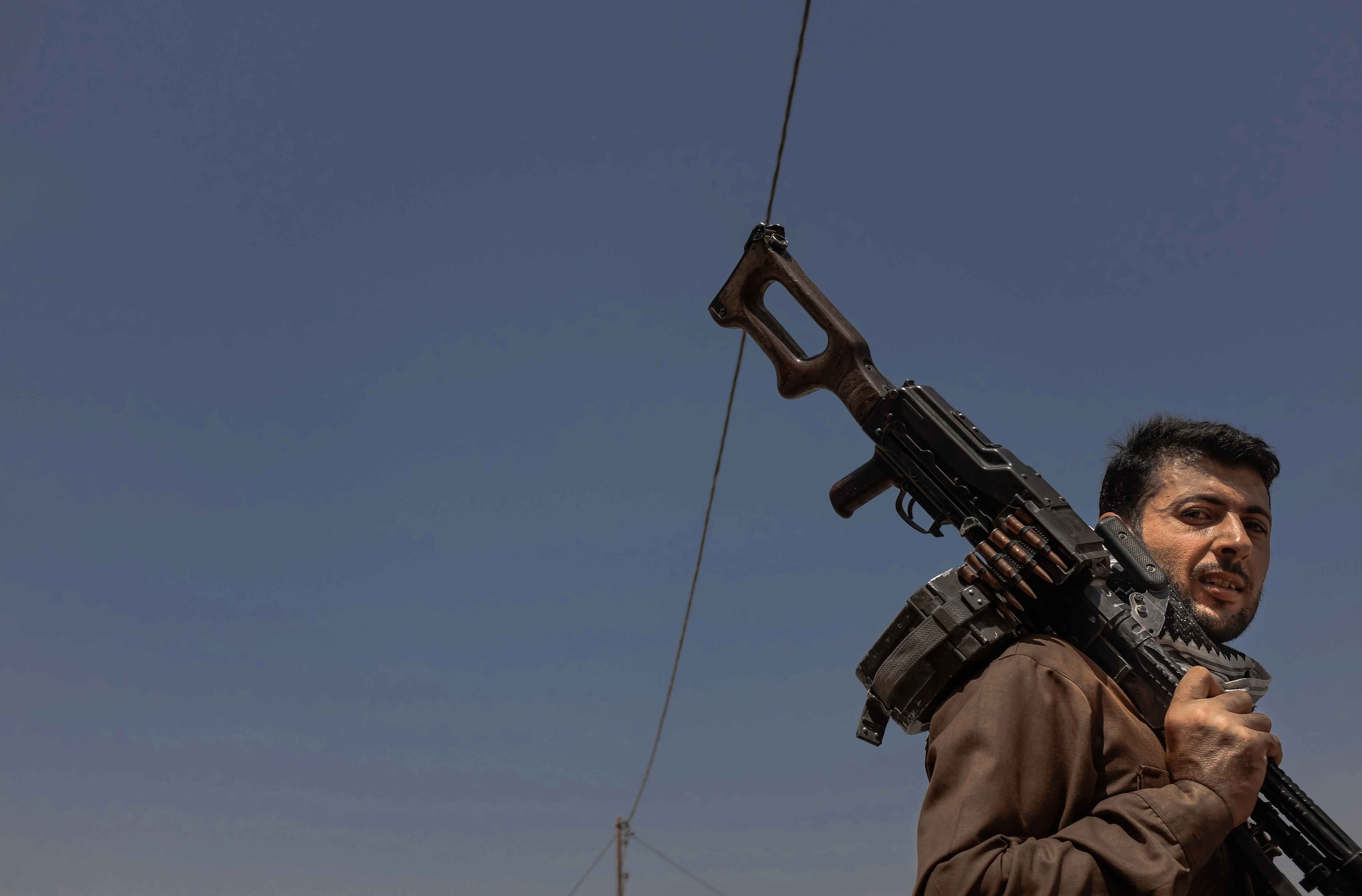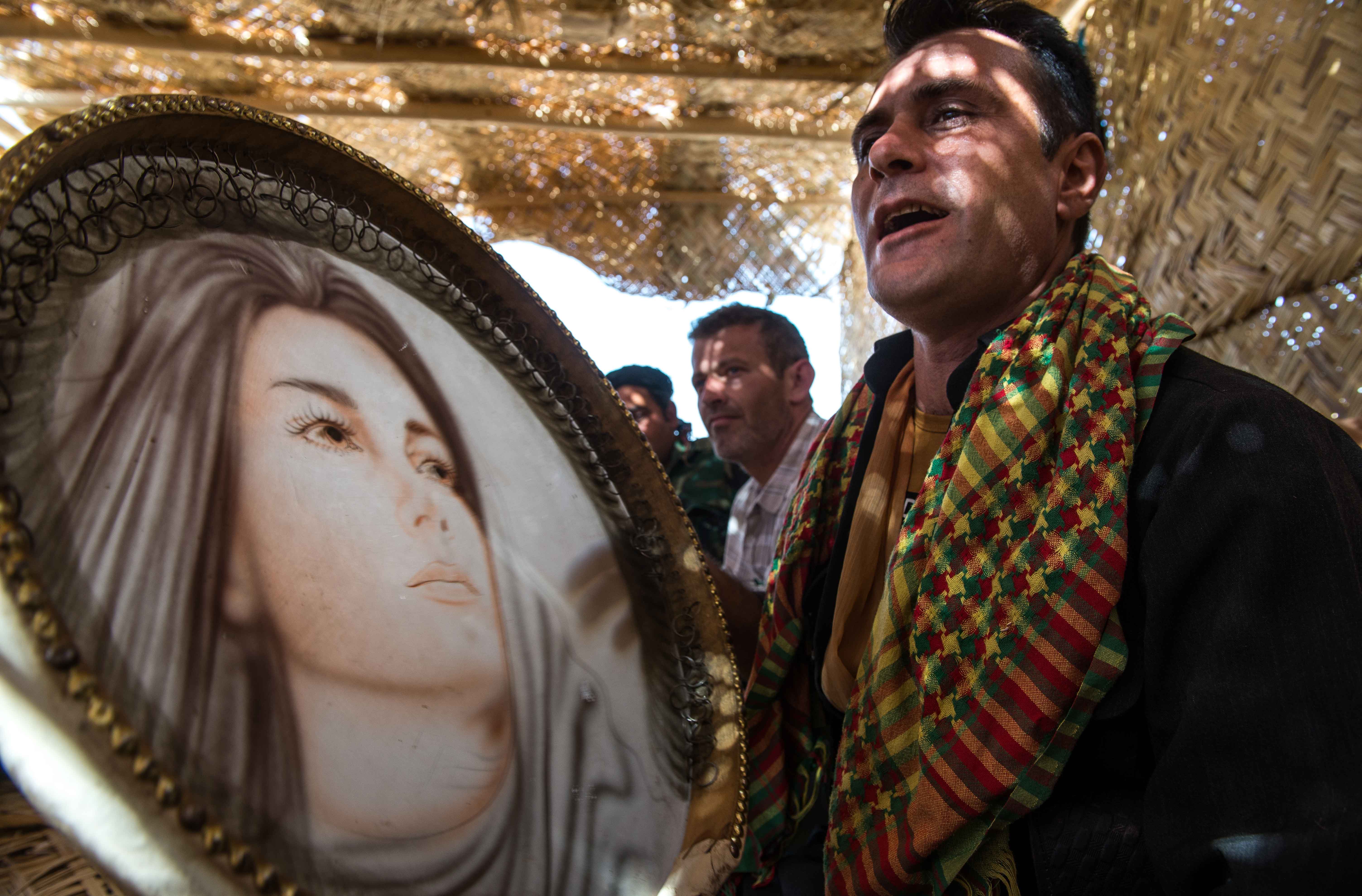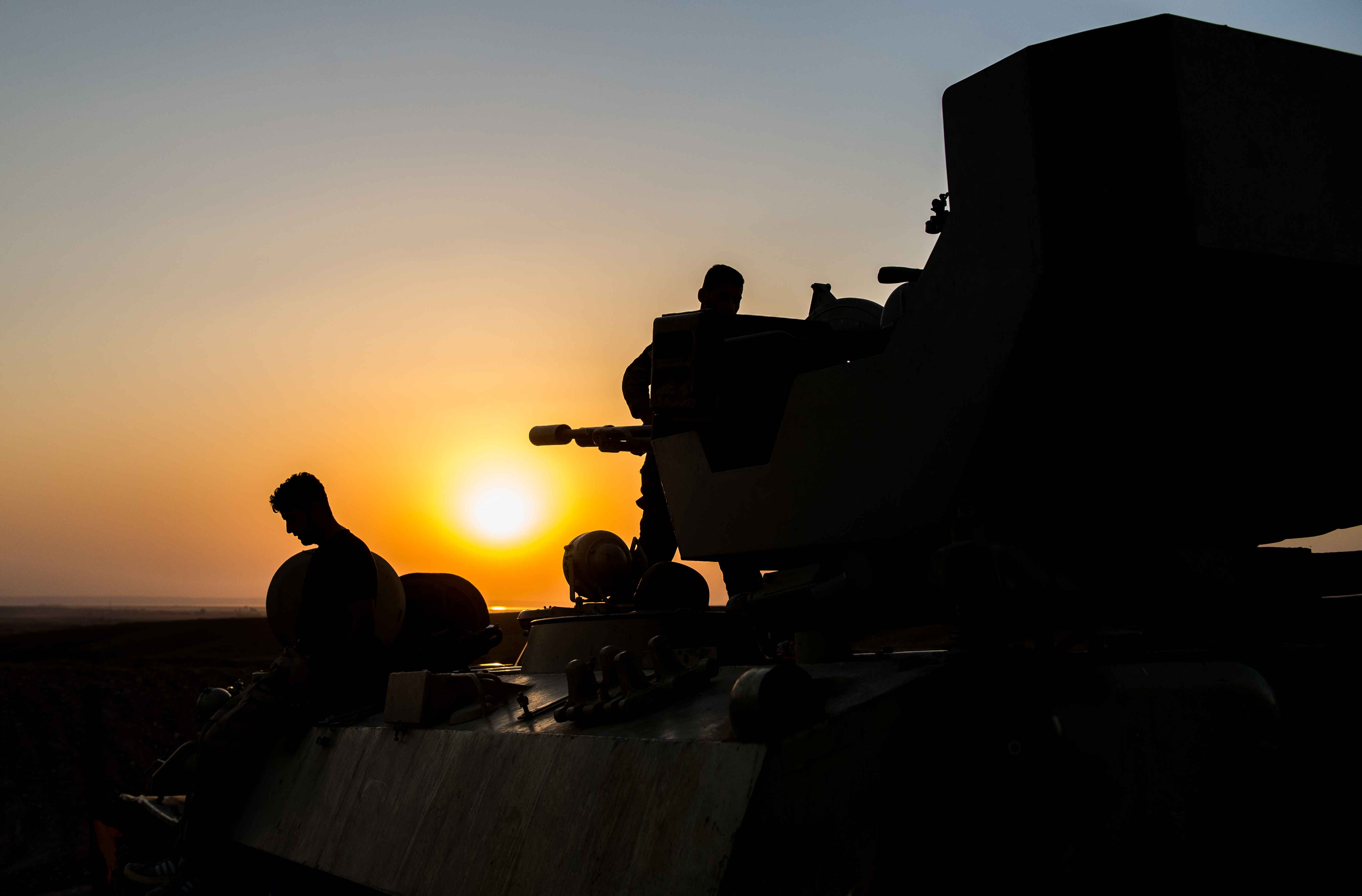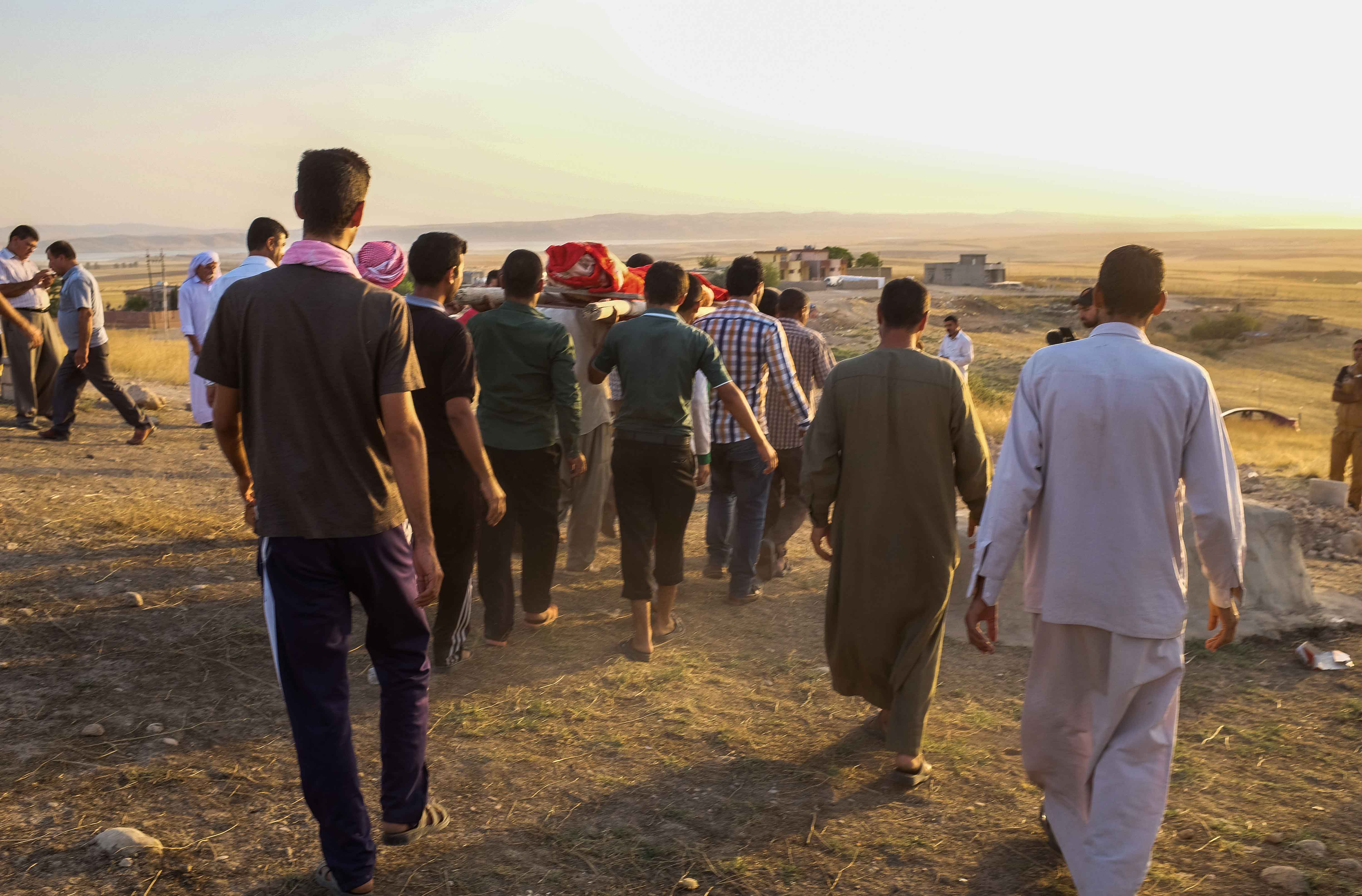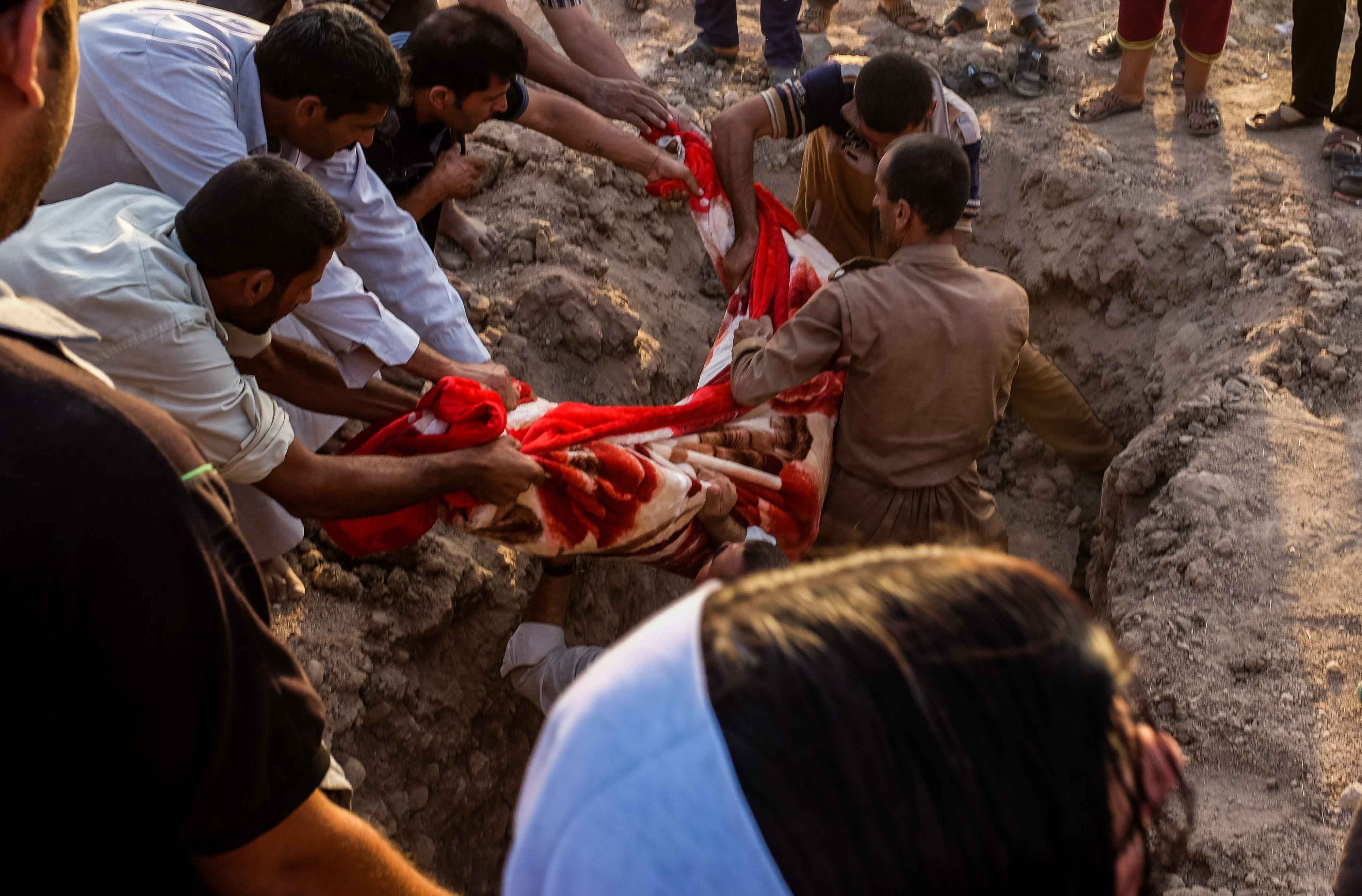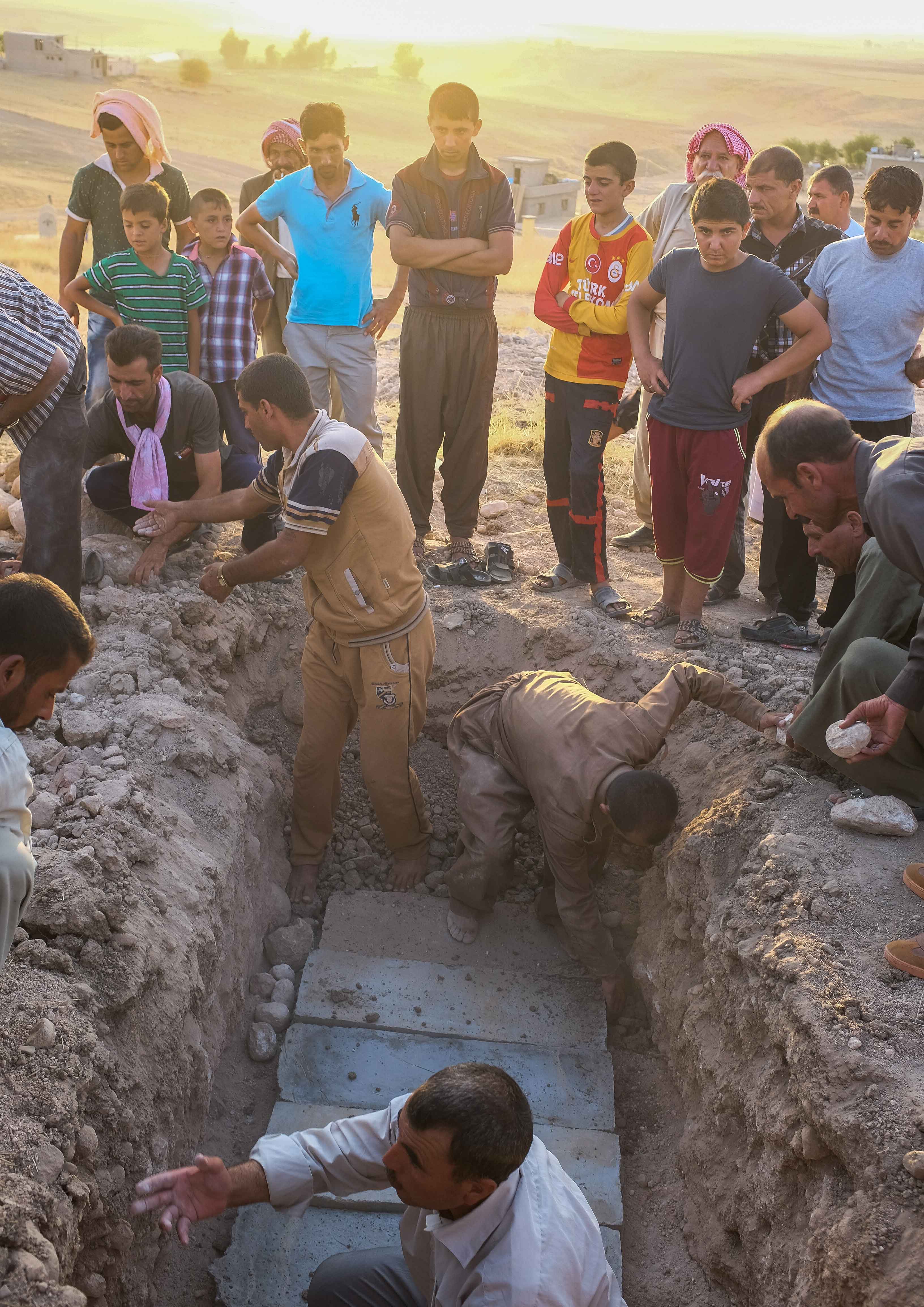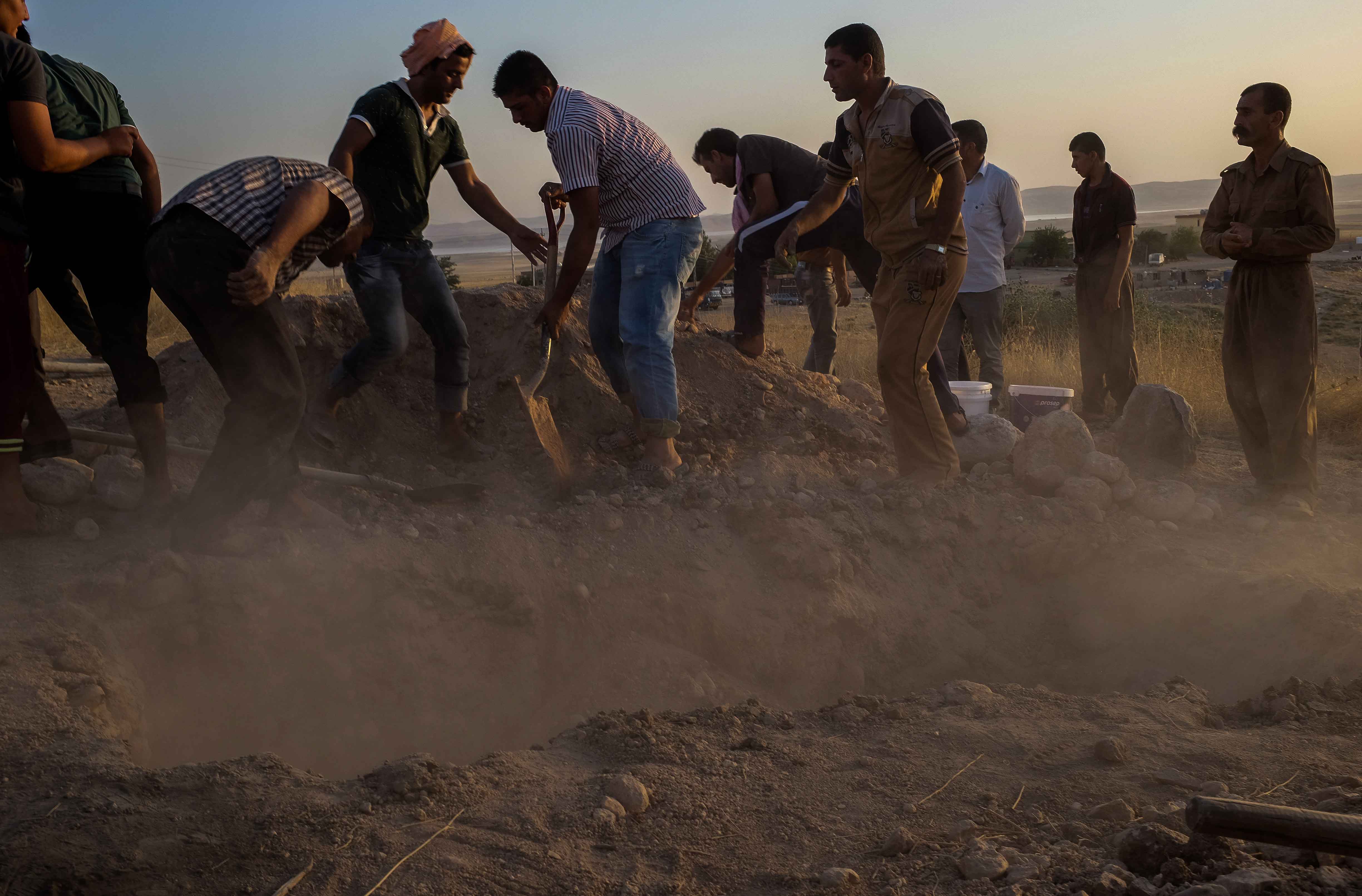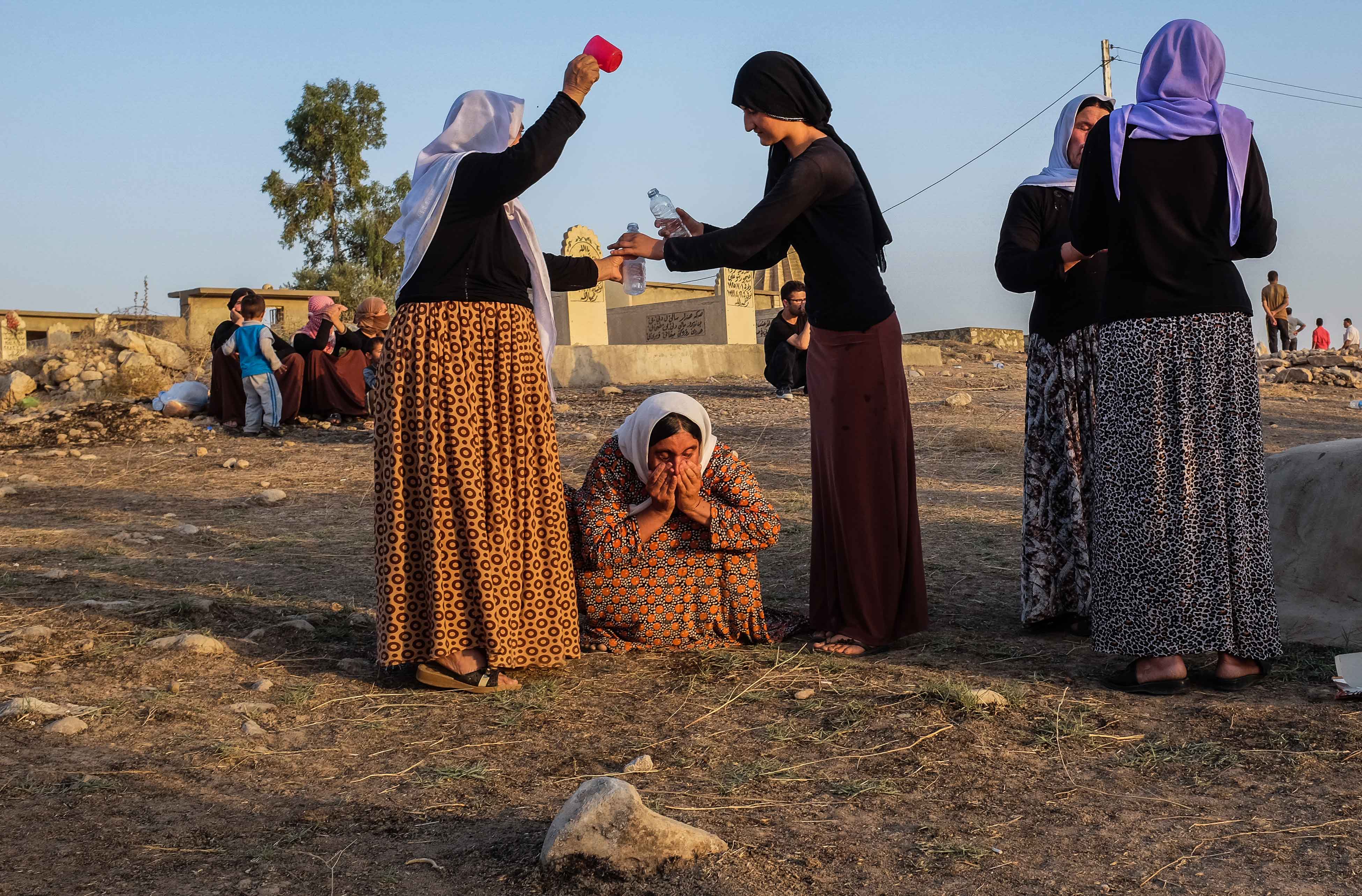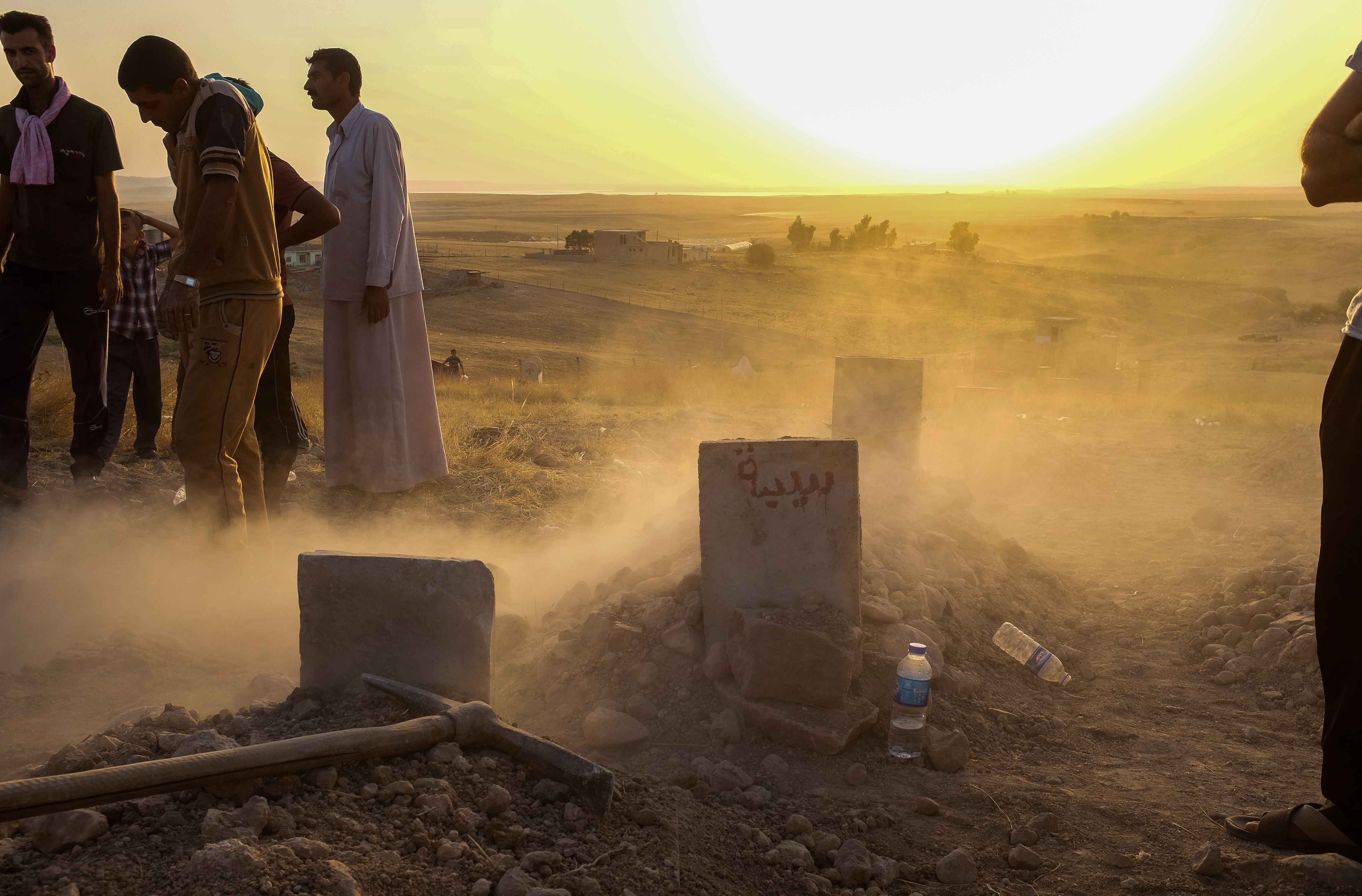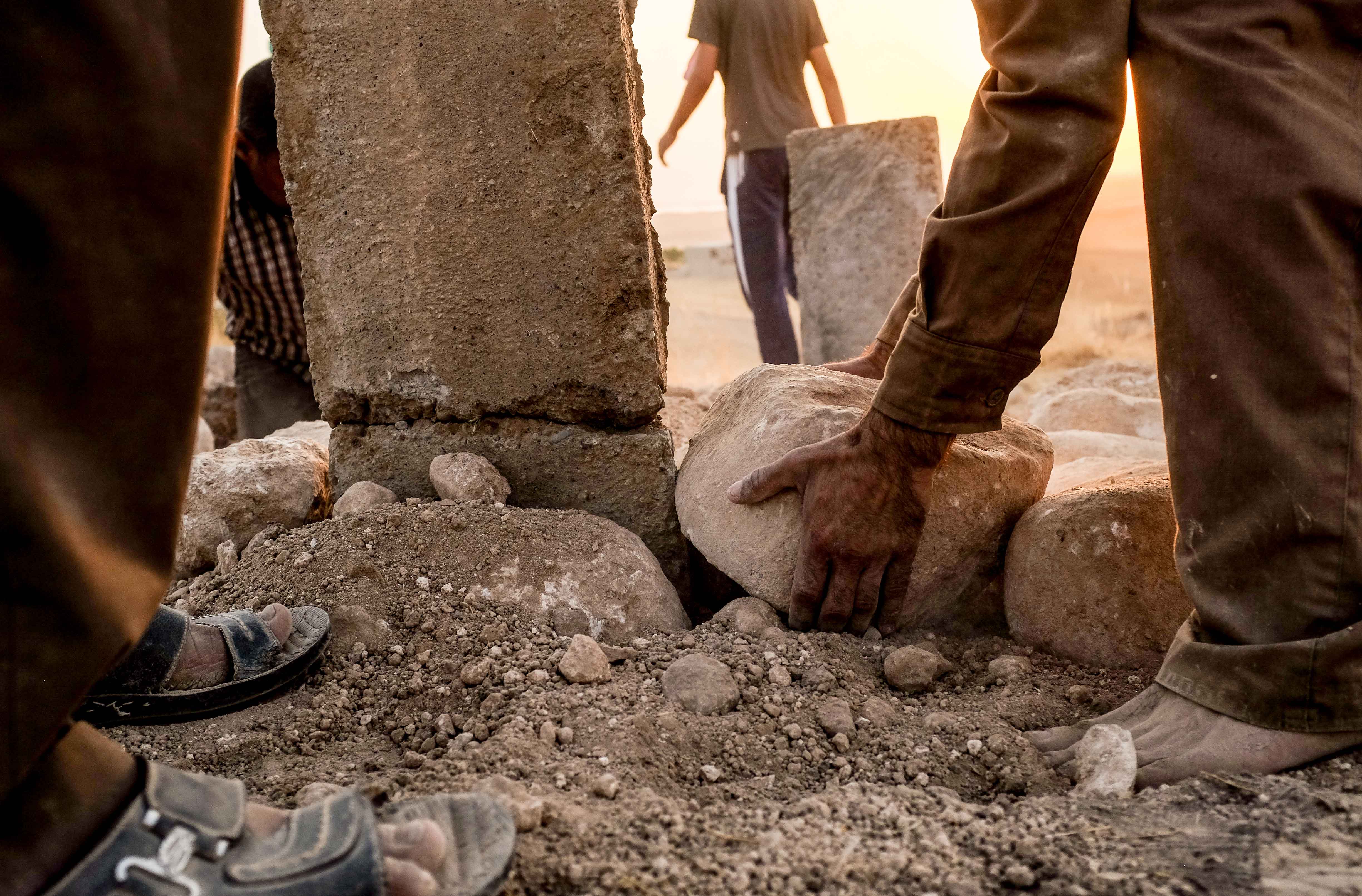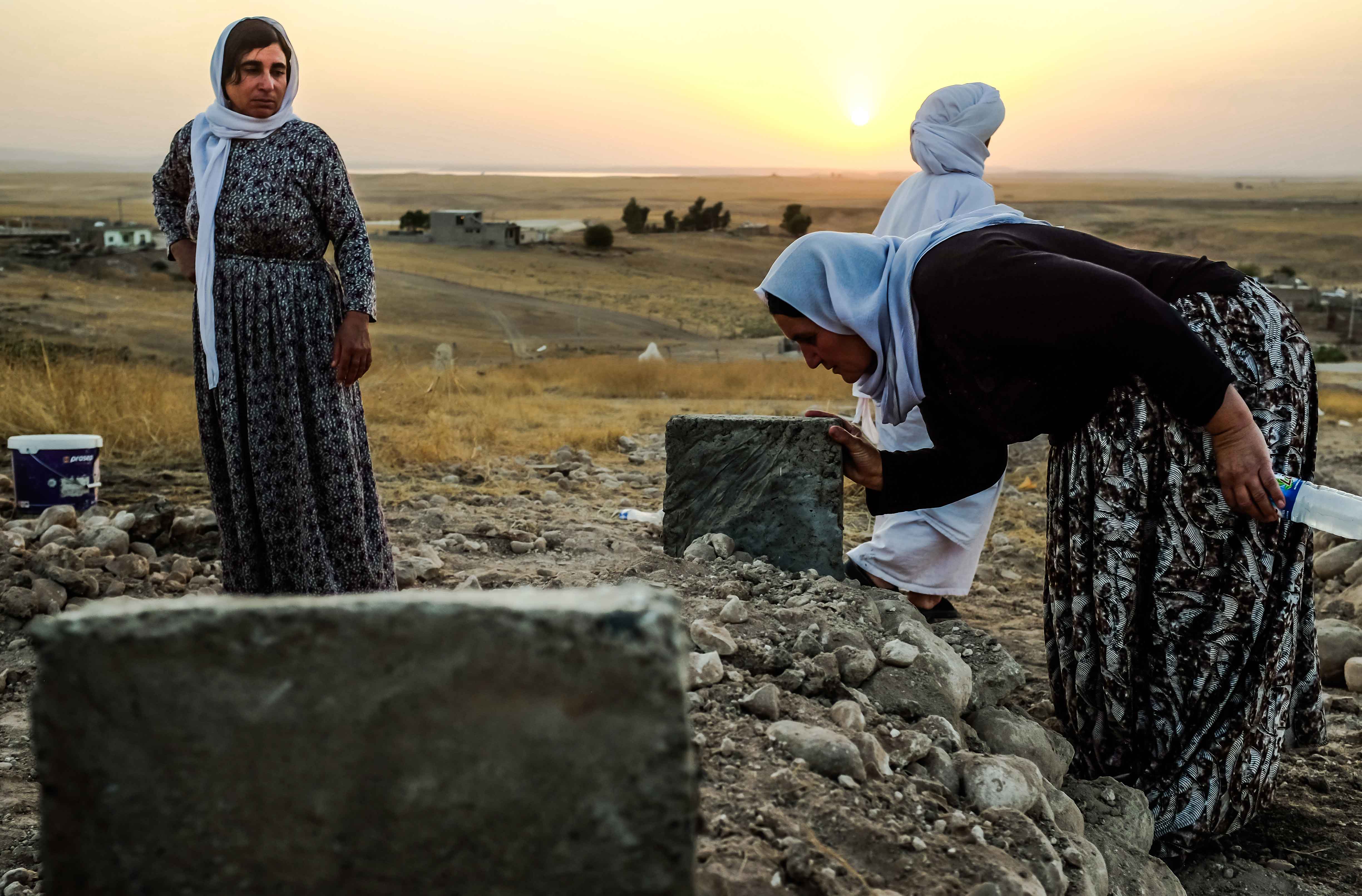As the US strikes ISIL targets in Iraq, what are the consequences of the latest foreign intervention?
"Iraq Divided: The Fight Against ISIL", 2014
The Islamic State of Iraq and the Levant (ISIL) today controls as much as one-third of Iraq’s territory, including the second largest city, Mosul. Although the group’s power and influence expanded in Syria, it was born in Iraq during the nearly nine-year-long US occupation of the country. ISIL-held territory is tightly controlled, off-limits to even journalists and human rights workers—tens of thousands of people have had to flee their homes as ISIL captures towns and villages. As the US steps up its air campaign against the group, Josh Rushing travels some 900km across Iraq to look at the consequences of the fight against ISIL. While Kurdish fighters and Shia militias battle ISIL, we find that they are facing their own accusations of human rights abuses, including ethnic cleansing. The attack on ISIL has created unlikely alliancess—but as each group pursues its own interests, they threaten to unravel Iraq and divide the country more than ever.
The US is stepping into an extremely bloody, complicated civil conflict... The US is only taking sides in a sectarian and ethnic conflict, supporting some extremist groups against other extremist groups.
Raed Jarrar, Iraq Political Analyst
Human Rights Watch After Liberation Came Destruction: Iraqi Militias and the Aftermath of Amerli
Middle East Policy Council's TeachMideast Resources
Civitas Associates ISIL Resources
A look inside a divided Iraq and ISIS


